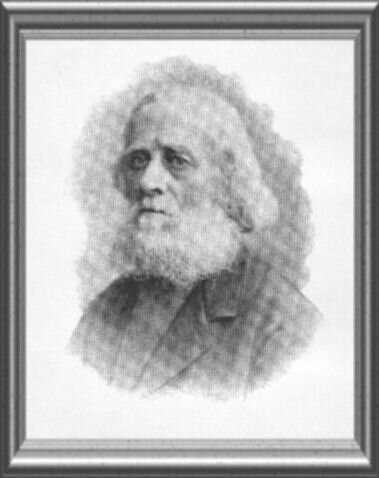


From the book, The Memoir of David King - Ministry in the Church of Christ.
Helps (pages 320-322).
"And God hath set some in the church, first apostles, secondarily prophets, thirdly teachers, after that miracles, then gifts of healings, helps, governments, diversities of tongues." 1 Cor. xii:28.
Are these Helps yet available to the Church? If so in what way? J.S.
"Helps" (antileepsis), occurs nowhere else in the New Testament. The apostles, prophets, teachers, and helps there named, are associated with "gifts of healings, tongues, etc." They were "set," placed, or given of God, all of them; which implies supernatural qualification for the respective work committed to them. The word "Helps," or Helpers, is a good enough rendering of the original word, which signifies persons who assist in work specially committed to others. "Helps," then, as given, or set, in 1 Cor. xii., are not now available, neither are teachers, who stand in the same group, because none are supernaturally endowed; but just as teachers are available now, so are helps. There may be helps to the elders, helps to the deacons, helps or helpers to any person, or class of persons, to whom any special church work is committed. Say that the two or three elders of a church find they cannot overtake the amount of work that needs their attention, and that the church cannot discern other qualified brethren who can be added to their number. What is to be done? Are they to go on toiling and failing when they know brethren in the church who, though not fully qualified, are eligible for certain departments of the work in which aid is required? Certainly not! Let them be called in as helps. The question may arise here - In what will the helps differ from the elders? and, Who shall select them? They differ to the extent that the full elder’s work is not committed to them, but only such as the elders delegate, and for the doing of which the elders, and not the helps, are responsible to the church. The very name implies this. They should be called into the work by the elders, not elected by the church. Those who are held responsible for what they do should select them, and, of course, can do so, for a specified time, or for some special emergency, or for departments of the work more or less limited. The same holds good as to the deacons: few churches have female deacons, yet the deacons must have female helps, or their work will not go on. Deacons, then, should appoint such helps in their departments, from time to time, as the circumstances require; and thus are brethren improved and proved, so that their subsequent call to the full work as elders, or deacons, may be promoted.
Conclusion.
The ground gone over is considerable, and the various ministers of the Church of Christ have been brought pretty fully before the reader. The first article was devoted to a general introduction and followed by one on Priesthood and Clergy, in which was demonstrated that there is no clerical caste or order in the Church of God, and that God’s laity are the clergy of Christ. The third section was devoted to the "Minister," showing the genuine character of the term, and proving that no one exclusive class of officers is, in the New Testament, designated by that term. The way being thus prepared for an examination of the various ministries of the New Testament, the examination has embraced Apostles, Prophets, Evangelists, Deacons, Elders, Bishops (Overseers), Pastors (Shepherds), Teachers, Exhorters, and Widow ministry.
Whether the reader can or cannot accept the conclusions arrived at, on the considerable number of points examined, he will certainly admit that the ground gone over is extensive, the examination somewhat thorough, and as a result, much information in a compact form. These remarks are made, not to commend the writing but solely for the purpose of urging the careful consideration of the entire theme. As intimated at the beginning, the subject was taken in hand, not for the purpose of setting forth our own view, but to call forth examination on numerous points, the understanding of which is absolutely necessary to comfortable and successful working in the churches.
"PROVE ALL THINGS; HOLD FAST THAT WHICH IS GOOD."
For the next page page, choose below:
Upside Down, the next article: